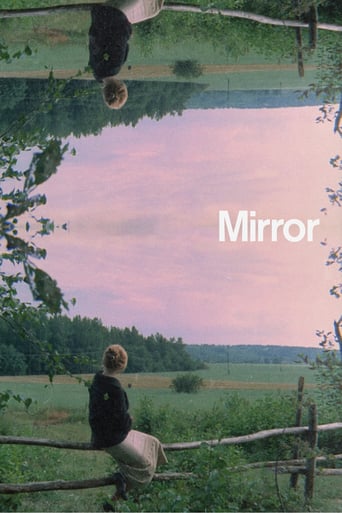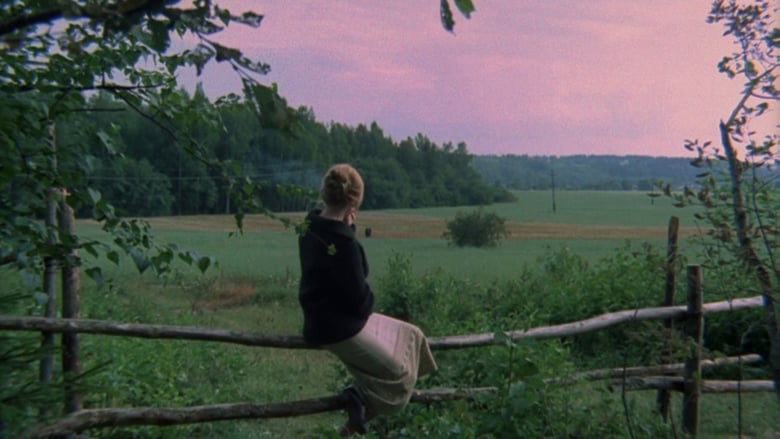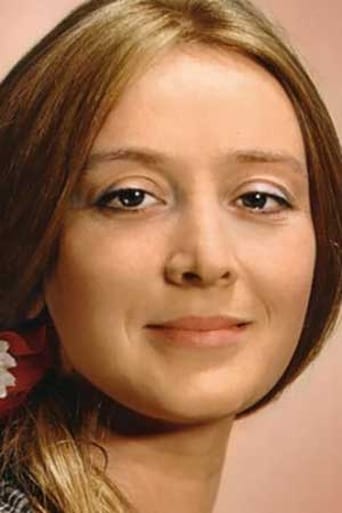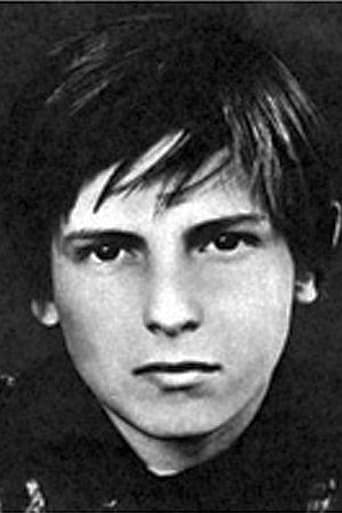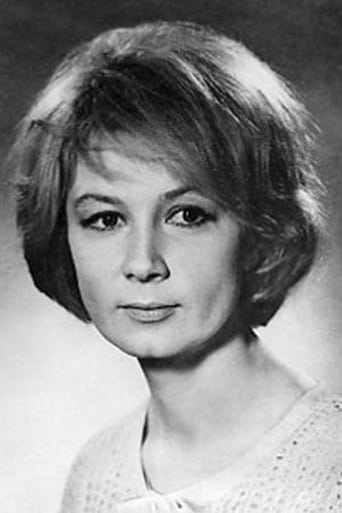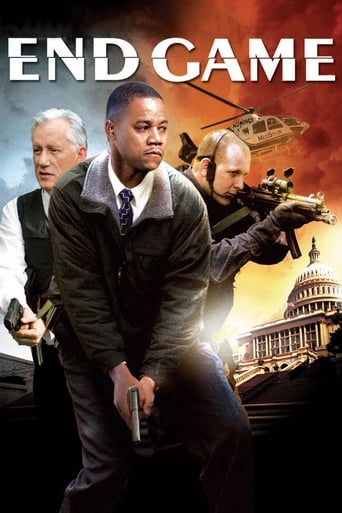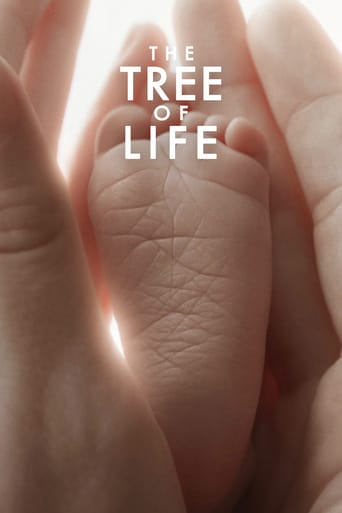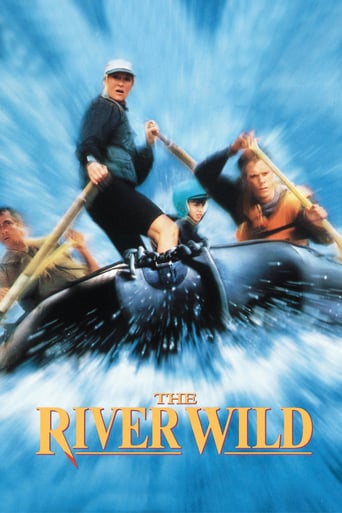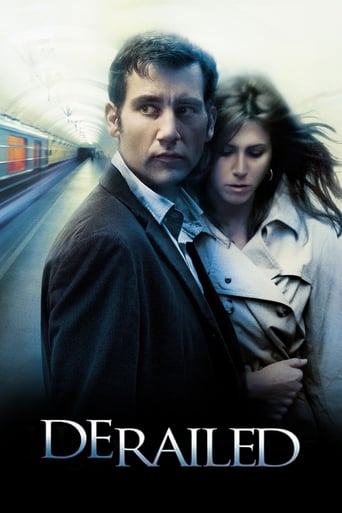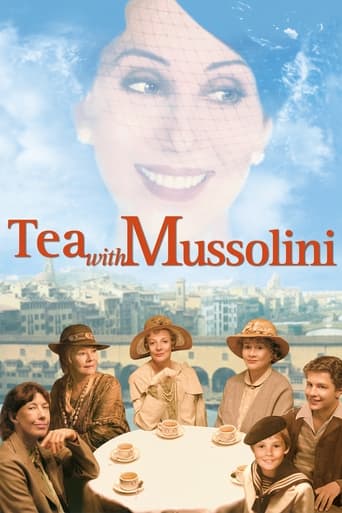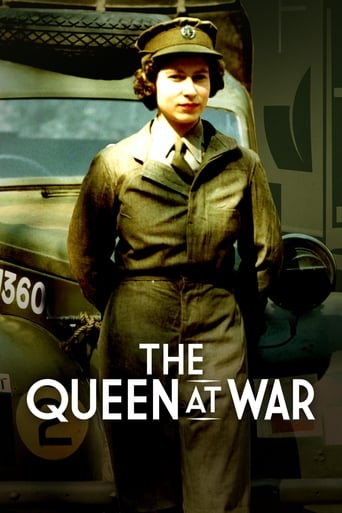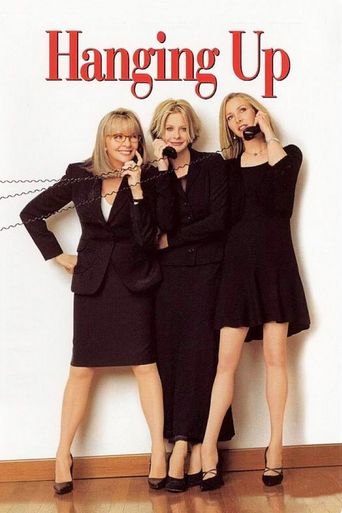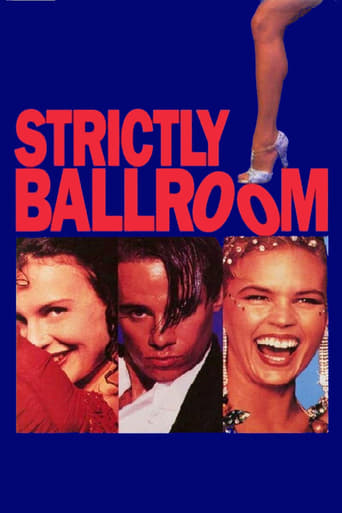Mirror (2014)
A dying man in his forties recalls his childhood, his mother, the war and personal moments that tell of and juxtapose pivotal moments in Soviet history with daily life.
Watch Trailer
Free Trial Channels
Cast


Similar titles
Reviews
Disappointment for a huge fan!
Entertaining from beginning to end, it maintains the spirit of the franchise while establishing it's own seal with a fun cast
It's the kind of movie you'll want to see a second time with someone who hasn't seen it yet, to remember what it was like to watch it for the first time.
There are moments that feel comical, some horrific, and some downright inspiring but the tonal shifts hardly matter as the end results come to a film that's perfect for this time.
This is such a great movie, it was a pleasure to watch. I haven't seen such beautiful pictures in any other movie. They just open up your imagination - delicate and touching, stunning harmony. Every frame of Tarkovsky is a work of art. He just shows how it's done. You have to see it if you are a movie fan but if you are a Russian - it is an obligation.
The mirror is a story of a dying poet experiencing a stream of consciousness. Aleksei the protagonist whose face is never revealed (since the memories shown are his true face) is recalling all the memories, dreams, thoughts, and feelings that he once encountered. The film shifts for that through three different timelines of pre- war, war, and post-war (asserting how the circumstances surrounding the person's life affect it). It is considered loosely autobiographical where the director is trying to reflect somehow on his own past pushing through its spiritual meanings, engaging in his country's history and present conditions, and depicting worldwide moments that concern all humanity. And with a brilliant touch the poems incorporated with several scenes are in fact written and read by the director's father Arseny Tarkovsky (It is important to note here that his second wife as well as his real mother appear in the movie).The highly unconventional film follows a nonlinear narrative.. and the dream-like sequence is often interrupted with archival footage that contributes to making the film a universal experience. Tarkovsky does not believe in using symbols, but every image of his carries one or several deep meanings. What about his perspectives then.. after all it is autobiographical. What is he trying to say? It seems that Tarkovsky is trying to show that everything is a reflection of another and that in every truth you'll find a mirror for the other. You'll find the mirror in the past and in the present.. in the spilled milk, in the open fields, the wind and fire, in the hardships and suffer, in war.. in the small moments of human sympathy, in the disembodied families, tragedies and lost love of a woman or mother... The director clearly uses elements from his own childhood.Tarkovsky believes in using images that provoke feelings more than thoughts and expects from his audience to perceive them from their own stance contributing by that to his work. And before going through some of the scenes, I would like to say that the camera work Tarkovsky employed is highly appreciated by critics.. the moving camera shots were fascinating and contributed thoroughly in the dream-like pace that defeats time.. mentioning also the slow motion and long shots.. the montage.. the switch from colors to black and white.. a piece of art.Interpretations to The Mirror starts with the opening scene.. the boy with the stutter may be a metaphor of how hard it is to communicate one's feelings (others said that it meant Tarkovsky has found his voice - maybe Tarkovsky meant both). The spilled milk appears in different parts of the movie as well as it does in other Tarkovsky's movies such as Stalker.. and it is accompanied here with the disembodied family. After several scenes, a thrilling shot of the husband washing Maria's hair is displayed (they need to take a different approach?).. at the end of the scene Maria views her physical appearance as an old lady facing her (the past haunts us - a reflection). Aleksei (post-war) talks to his mother on the phone and they always argue. Aleksei also quarrels with his wife Natalya and the same actress depicts both mother and wife (did Aleksei choose a woman similar to his mother to compensate "the missing love" or just as his wife stated that meant he is incapable of having a normal relationship with anyone"?"). Engaging in his country's issues, the pre-war "printing incident" scene implies that the state is suppressing.. Another scene shows an archival footage of soviet soldiers accompanied by poems about immortality and that everything in life is in a way everlasting (the spiritual journey appears in all of Tarkovsky's films). The archival footage also shows the Chinese - Russian conflict. Events that are "more universal" are also shown.. the Kurdish balloon journey, Spanish civil war (Insights, invention, and human sympathy), and the atomic tests of the year 1946. War and sympathy for its victims appear also in the scene of the Asafiev; the orphan who lost both his parents. After the shooting scene, the boy goes up to a snowy hill (implying how deep the suffering is) and a black bird stands on his head and Asafiev captures him (maybe a metaphor for the human potentials that were obstructed by war and tragedies). A blonde girl appears through several scenes and in one time with an injured lip (lost love).Leonardo Da Vinci's book is revealed in the hands of Aleksei and his son Ignat (also the same actor depicts both characters). The book makes time irrelevant and mixes the past with the present.. everything seems interrelated and reflects one another. A leaf (sadness, decay) appears in the book (representing art - decline of humanity due to war?). Ignat reads Pushkin's letter to a character that seems to resemble Anna Akhmatova (it is implied then that the character's presence was imagined - though the same character appears at the end sitting on the bed of the dying poet).Near the end, young Aleksei goes with his mother to the rich woman's house to sell her earrings.. Maria feels sickened (from the aristocratic presence?). The rich woman pushes her to "slaughter" a chicken for dinner and from there the film goes into the "levitation scene" where Maria's body rises up and a dove flies above her (the quest for peace through all this madness? - note that in a previous scene a co-worker compares Maria to a confused character in one of Dostoevksy's stories). The scene is thrilling and intense. We see then Aleksei dying.. he releases a bird from his hands (his soul to eternity?). After that, the last scene combines the three timelines all together as if happening at once!
Ignat turns on the television and steps back, the camera panning behind his head placing the spectator into his mind (or into his consciousness). We watch what he watches – a doctor helping a teenager overcome a speech impediment. The two shots that precede the pre-title sequence are a curious opener for a film, but could not be a more appropriate way to begin The Mirror (1974), Tarkovskii's introspective study into memory. The televised examination of the stutterer is one of those rare, inexplicable moments that stand out when reflecting on one's childhood: we cannot control the distinctive images or brief flashes that stick, but for some odd reason they do.The Mirror is a tremendously personal film, with Tarkovskii's father Arsenii reading his own poetry, and (I assume) many of the past sequences and dreams lifted from the filmmaker's own life (we even see a poster for the director's second endeavor Andrei Roublev (1966) during a pan in the phone conversation). Tarkovskii turns the abstract, the metaphysical and the spiritual into something concrete in his images. The film is loosely structured playing as if a recollection of memories with each scene a strong impression from the past. The rich greens, the moment with the fence breaking and doctor laughing, the gust of wind as he walks away and the burning barn all seem as though Tarkovskii is reconstructing vivid incidents from his youth and transcribing them to celluloid. Tarkovskii often employs his trademark meditative long takes; each shot an investigation into motion as the filmmaker dwells on subtle textures such as the dripping of water, the river stream and the strength of the wind. The title The Mirror evokes a reflection, possibly the way we reflect upon and dream about our own past experiences. Our nostalgic and imaginative visions from the past maintain a realness that "objective" history lacks. In the final moments of our life, all we have are our learned experiences and flashes from our memories as Tarkovskii gives us a bird leaping from the hands of the dying man cutting to the sun setting in the open field, the childhood house and the mother laying in the grass.
The Mirror is said to be a film that is not easy to understand. I say that it does not have to be understood to be enjoyed. This is a very beautiful, cerebral, and emotive film. As with other Tarkovksy films, there is both the natural and the supernatural, but the natural is by far the dominant. The supernatural is like this overflowing of natural spirit (very much like in the STALKER film). The film is highly elemental: watery, fiery, windy, and earthy at different times, and the elements give off energy, and the world feels like this plastic material which one makes art out of. This is very different from the staged feeling of many films. In the Mirror, even the manmade structures feel natural, man feels natural as an expression of life. Even if you are aware it is a film, how can it feel artificial when it flows from a natural source? Aside from the vibe, the Mirror is a great film to look at. The lead actress is quite beautiful, though not in a conventional way, expressive and spirited. The camera-work is really great, gives a great sense of a taking place, love the movement in each scene. If you are the type of person that feels spiritual or meditative at times, or loves to just look at art or watch nature (or people), then the Mirror will be an excellent choice for you.

